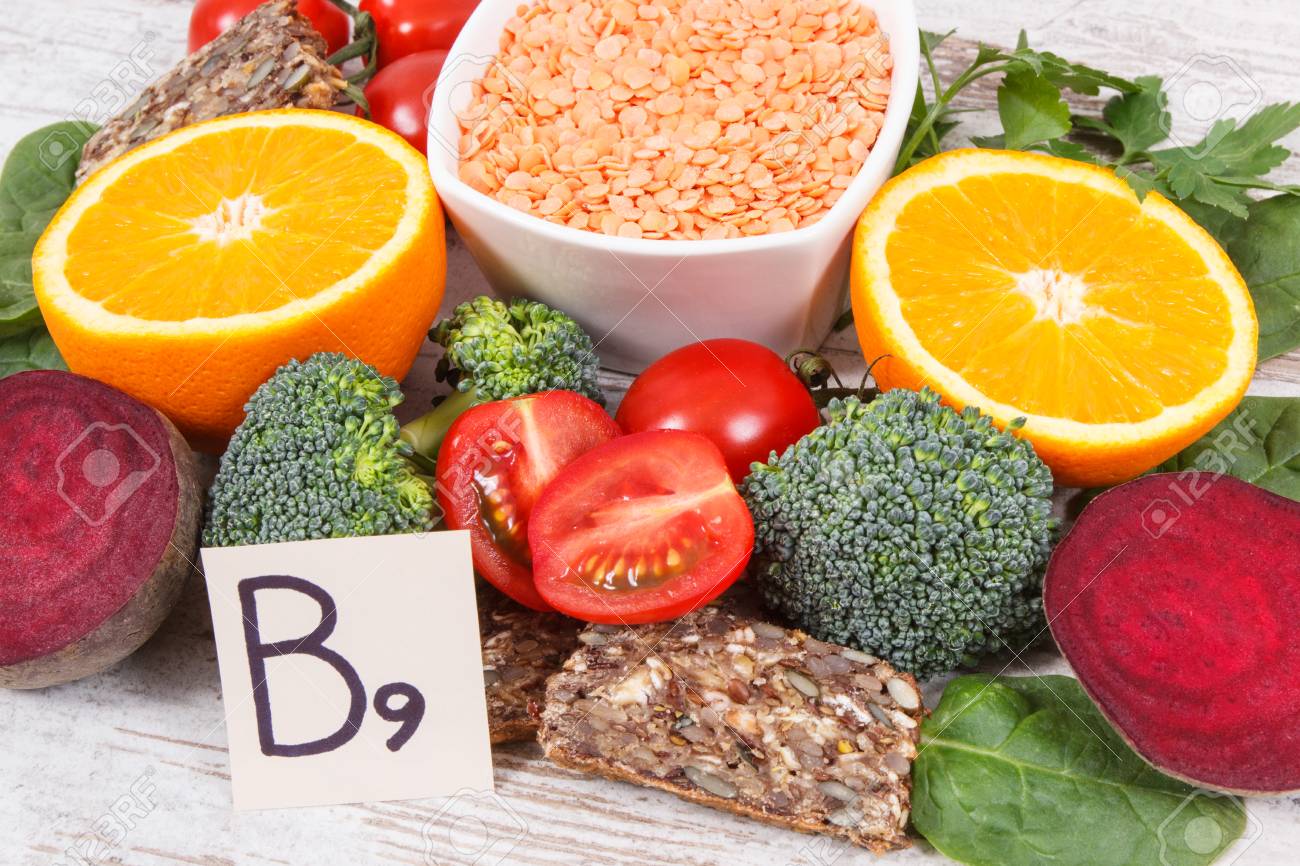Vitamin B9: The Essential Nutrient for a Healthy Body

The Importance of Vitamin B9
Vitamin B9 is important for many bodily functions. It helps in the production of red blood cells, which carry oxygen throughout the body. It also helps in the synthesis of DNA and RNA, which are the genetic materials in our cells. Vitamin B9 is also essential for the proper functioning of our nervous system and the metabolism of amino acids.
The Benefits of Vitamin B9
Vitamin B9 has many benefits for our body. Some of these benefits include:
- Lowering the risk of birth defects in pregnant women
- Reducing the risk of heart disease
- Preventing certain types of cancer
- Improving brain function and memory
- Reducing the risk of depression and anxiety
Food Sources of Vitamin B9
Vitamin B9 can be found in many different types of food, including:
- Leafy green vegetables such as spinach and kale
- Legumes such as beans and lentils
- Fruits such as oranges and strawberries
- Fortified grains such as bread and cereal
- Meat such as liver and kidney
The Recommended Daily Intake of Vitamin B9
The recommended daily intake of vitamin B9 varies depending on age and gender. For adults, the recommended daily intake is 400 micrograms per day. Pregnant women are advised to consume 600-800 micrograms per day to reduce the risk of birth defects in their babies.
Advantages and Disadvantages of Taking Vitamin B9 Supplements
Advantages
- Helps to prevent birth defects
- May reduce the risk of heart disease and certain types of cancer
- May improve brain function and memory
- May reduce the risk of depression and anxiety
Disadvantages
- May mask the symptoms of vitamin B12 deficiency
- May interact with certain medications
- May cause side effects such as nausea, vomiting, and diarrhea
- May increase the risk of prostate cancer in men
Conclusion
Admin recommends that you consume a healthy, balanced diet that includes sources of vitamin B9 to ensure that you are getting enough of this essential nutrient. If you are pregnant or planning to become pregnant, talk to your doctor about taking a folic acid supplement to reduce the risk of birth defects.
FAQ
Q: Is vitamin B9 the same as folic acid?
A: Yes, vitamin B9 is also known as folic acid.
Q: How can I increase my intake of vitamin B9?
A: You can increase your intake of vitamin B9 by consuming foods that are rich in this nutrient, such as leafy green vegetables, legumes, and fortified grains. You can also take a vitamin B9 supplement.
Q: What are the symptoms of vitamin B9 deficiency?
A: Symptoms of vitamin B9 deficiency include fatigue, weakness, anemia, and digestive problems.
Q: Who is at risk of vitamin B9 deficiency?
A: Pregnant women, alcoholics, and people with certain medical conditions such as celiac disease and inflammatory bowel disease are at a higher risk of vitamin B9 deficiency.
